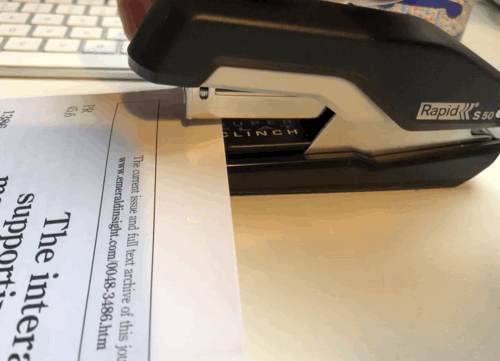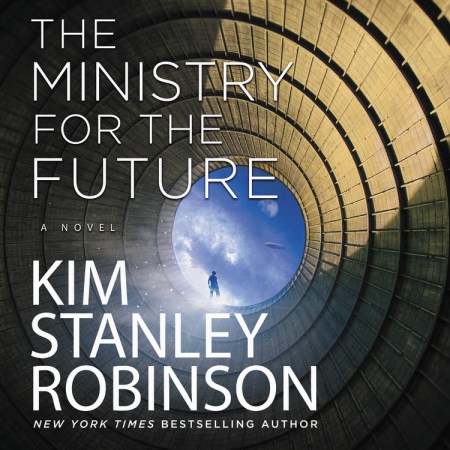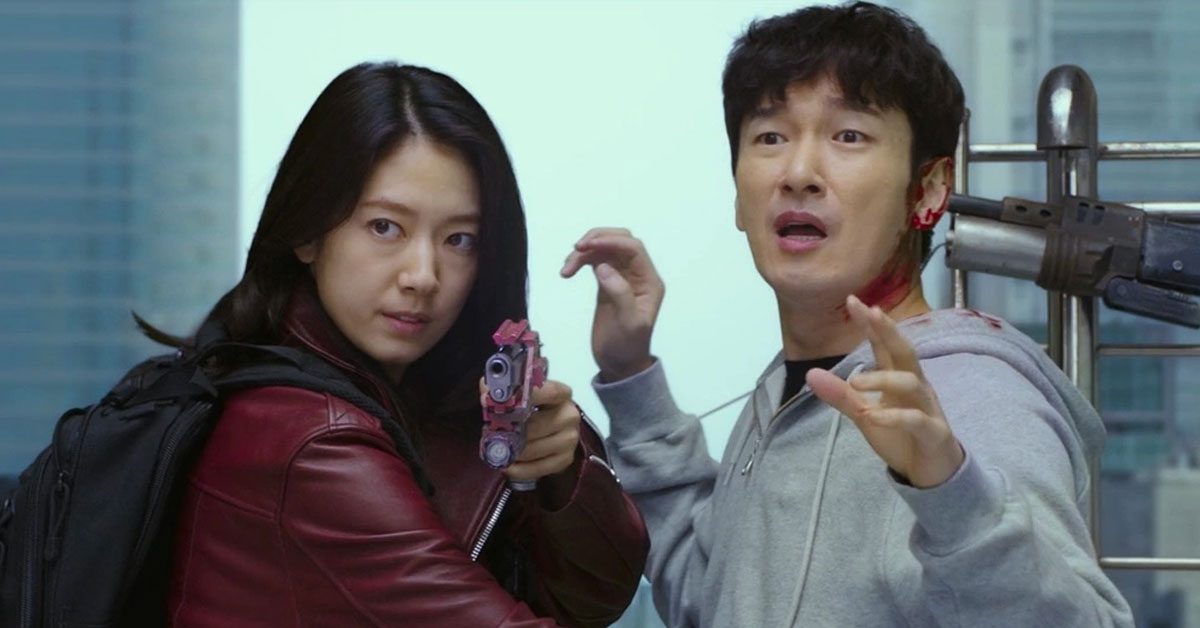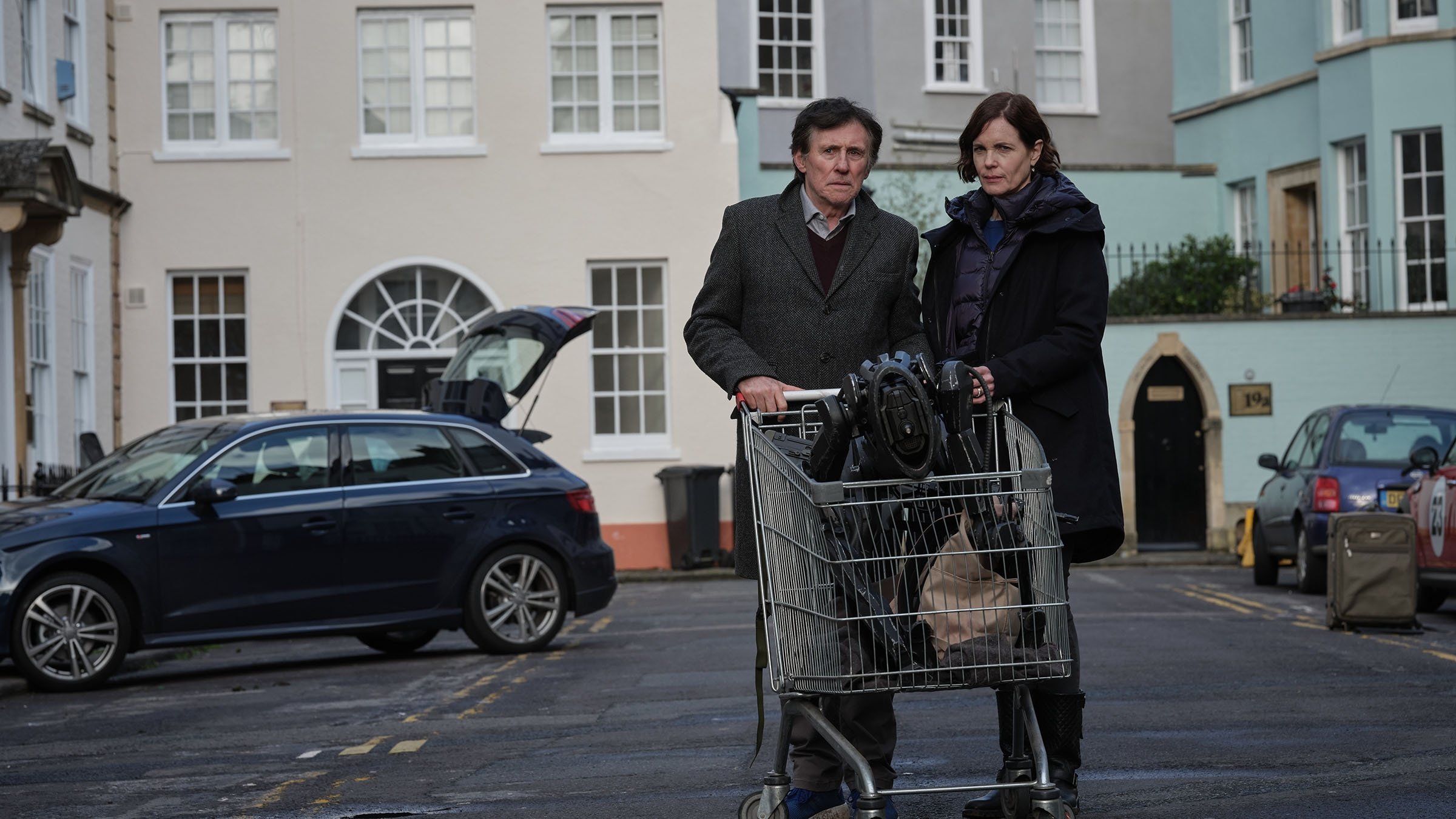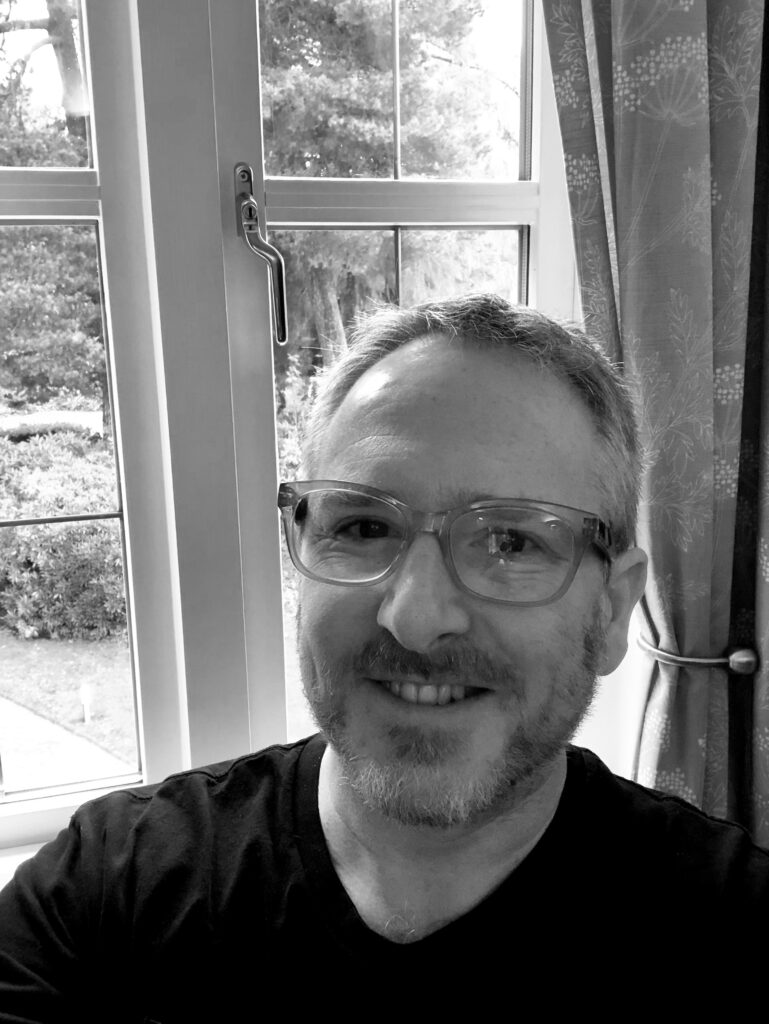Four years ago, I started a post titled “Nice things 2017” with the sentence “Overall, 2017 was a crappy year for us for many reasons.” Huh! I’d been planning to start this post almost exactly the same way. 2021: not great! But there have been some good things as well. In no particular order, here we go…
New tattoo: I got my magpie tattoo on my left forearm in 2018. I’ve wanted something on my right forearm to match it for a while, but it took me a long time to settle on the right idea. I really like the watercolour style, and I still love magpies.
(When I met up with him in October, Drew asked me: what is it about magpies? It’s not a question I had really thought about closely before. Some of it is just visual. I think they’re astonishingly beautiful birds. I find their intelligence and behaviour fascinating. There may also be an element of guilt to it as well, though. When we moved to this house in Oostzaan, it had a tall old willow tree in the back garden, with a magpie nest in it. Unfortunately the tree was also half dead, and in heavy weather would shed branches over our neighbour’s garden and risk damaging their shed. We eventually took it down. The magpies still visit our garden — a lot — but they don’t live here any more.)
Back in September I spent tome time looking for reference images of magpies in flight (in contrast to the perched one on my left arm), and settled on two options. I knew that I wanted Emilia at InkDrinkers to do this tattoo, because she had done such a great job of the other one. I took the designs to her, and asked her to see what she could do with them. A few weeks later we reviewed and tweaked the designs she’d made. On Saturday 6th November Emilia then spent the whole afternoon putting it in place:
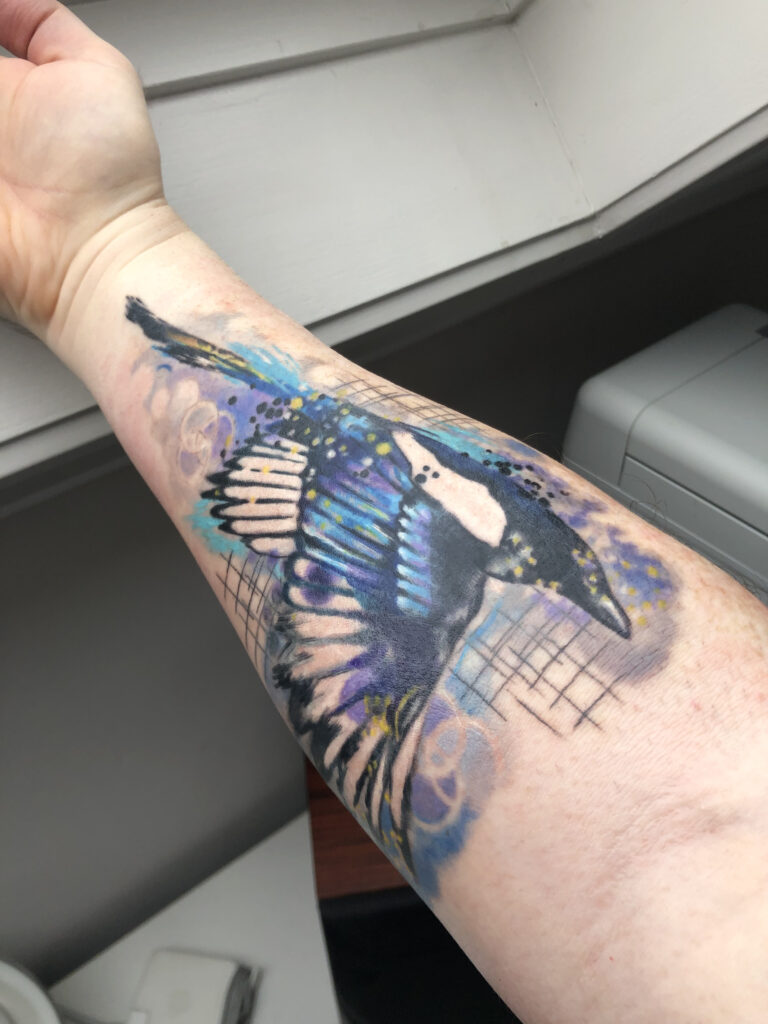
Five hours of tattoo work is a lot of effort for the artist, and a lot of pain for the canvas, but I absolutely adore it. It’s a unique and beautiful piece of art that I carry with me wherever I go. I look at it and it makes me happy.
Vaccines: The first half of 2021 was a waiting game, as it took a while for approvals and supplies to make their way through the Dutch system to the point where we could all get our shots. Abi and I got our first shots in June and our second in July; Alex and Fiona both got their second shots by August. We’ve been extremely cautious around the virus (I’ve never met a respiratory illness that didn’t like me; Alex is very concerned about the effects of Long Covid), but having all our vaccine shots means that we could start to very carefully pick up on some of the things we’d been avoiding for a long time. The omicron variant in the last months of 2021 added uncertainty, and we’re still avoiding the outside world as much as we can. (We’re in a very fortunate position that we can do this.) Personally, though, I don’t fear for my life in quite the same way as I did six months ago.
I had mild side effects after the first two shots (light fever, headache, feeling generally bleh for a day), but the booster shot was a real kick in teeth for me. I got my shot in the early afternoon on Tuesday. Tuesday afternoon I started to feel a bit dizzy, and by early evening I just crawl into bed to try to get some sleep. Mostly failed. On Wednesday and Thursday I felt awful: dizziness, exhaustion, muscle aches, nausea, crawling skin. It wasn’t until Friday morning that I woke up and remembered what “normal” feels like. Still better than being hospitalized, though.
Amsterdam Noord: Shortly after we were all vaccinated, Fiona and I visited the Blast Galaxy video game arcade in Noord, where I played Dance Dance Revolution for the first time ever. Fun!
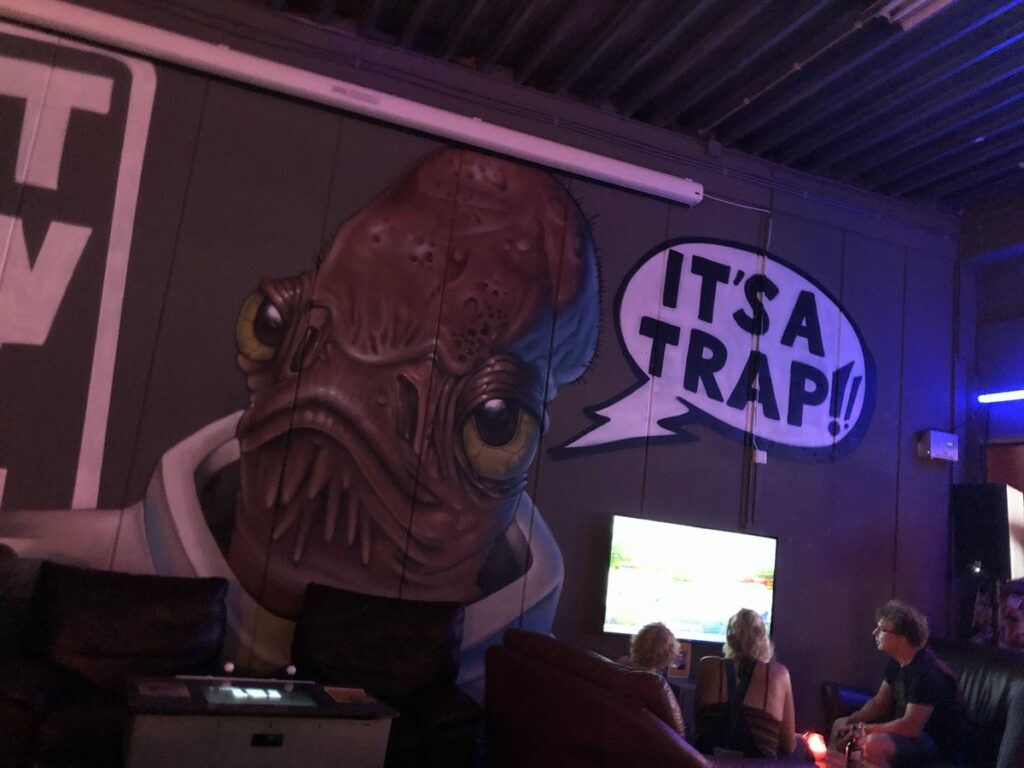
In September Fiona and I also went to STRAAT, the new street art museum in one of the giant old NDSM shipyard buildings. It’s full of amazing, enormous street art pieces. The setting of the old factory building is as impressive as the art itself. The NDSM area is filling up with hip new bars and restaurants, apartments, and offices. It’s a super vibrant area. The guided tour around STRAAT was excellent. The Rijksmuseum is always going to be the bigger attraction in Amsterdam, but STRAAT is a completely different experience that deserves a lot more attention.

Castricum: One of the few things we did outside the house in the first half of the year — the only thing we did outside the house with all four of us together in 2021 — was take an evening drive to Castricum beach in May. We were all feeling stressed and exhausted, so one evening we just went “fuck it, road trip.” Short road trip, sure, but worth it.
We bundled into the car, stopped at Burger King for food (and that’s another good thing of 2021: Burger King’s vegetarian burgers are fantastic), and then drove on to Castricum beach, where we’ve been many times before. There were very few people out and about, so we had plenty of space to keep our distance from everyone. Alex and I both had our cameras, and took some nice photos in the good light. By the time we returned to the car at about 21:30 the (large) car park was virtually empty. We let Fiona take a turn behind the wheel, just starting and taking a 50m loop. She’s on to full driving lessons now!
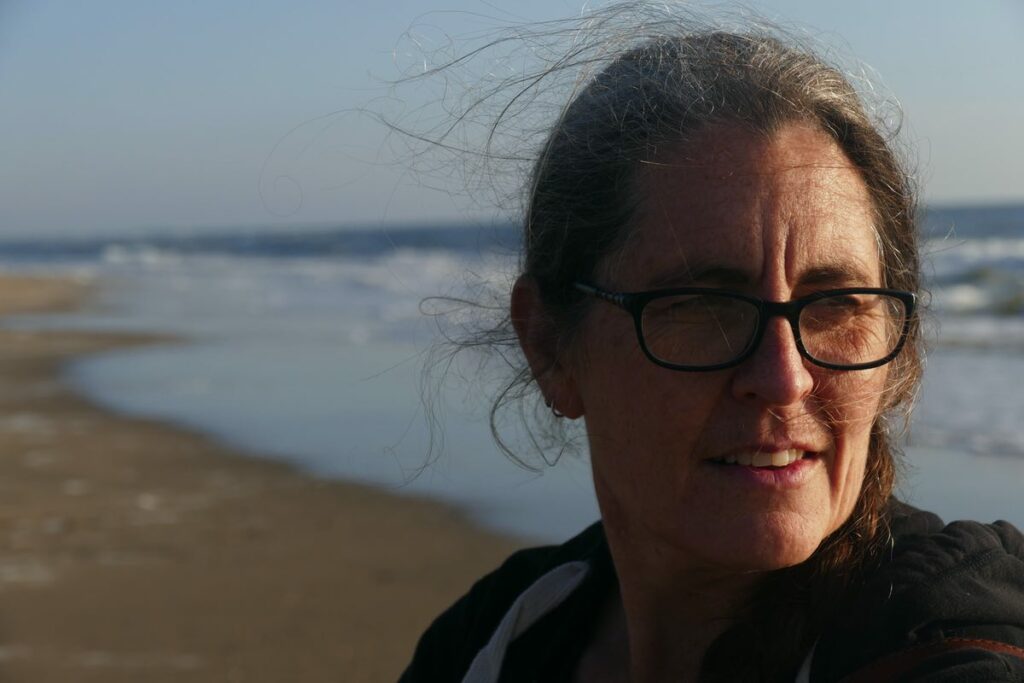
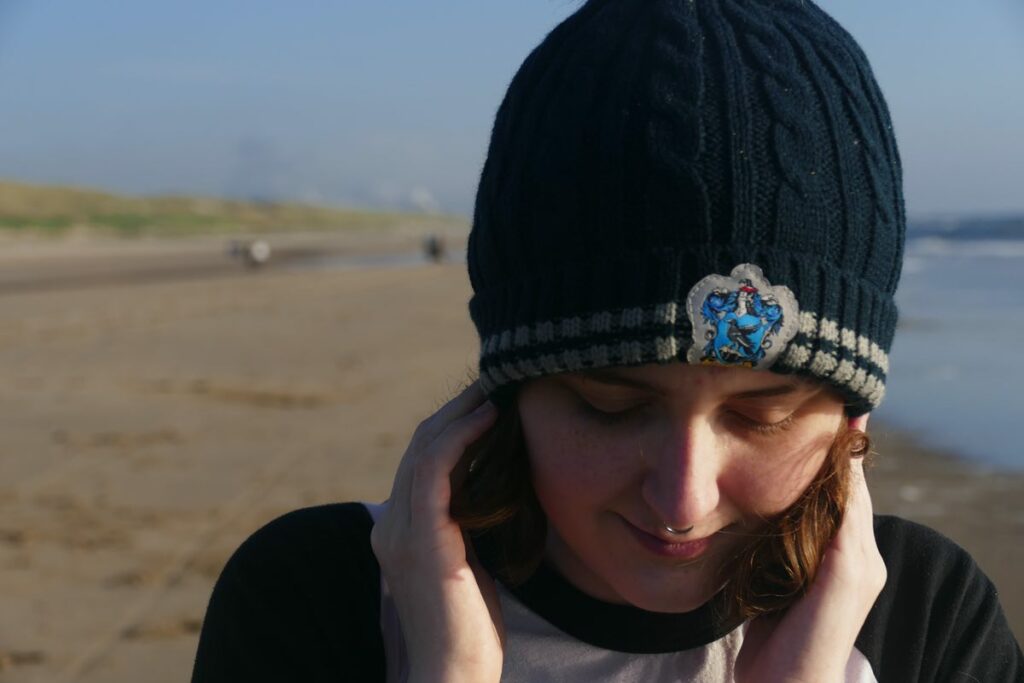
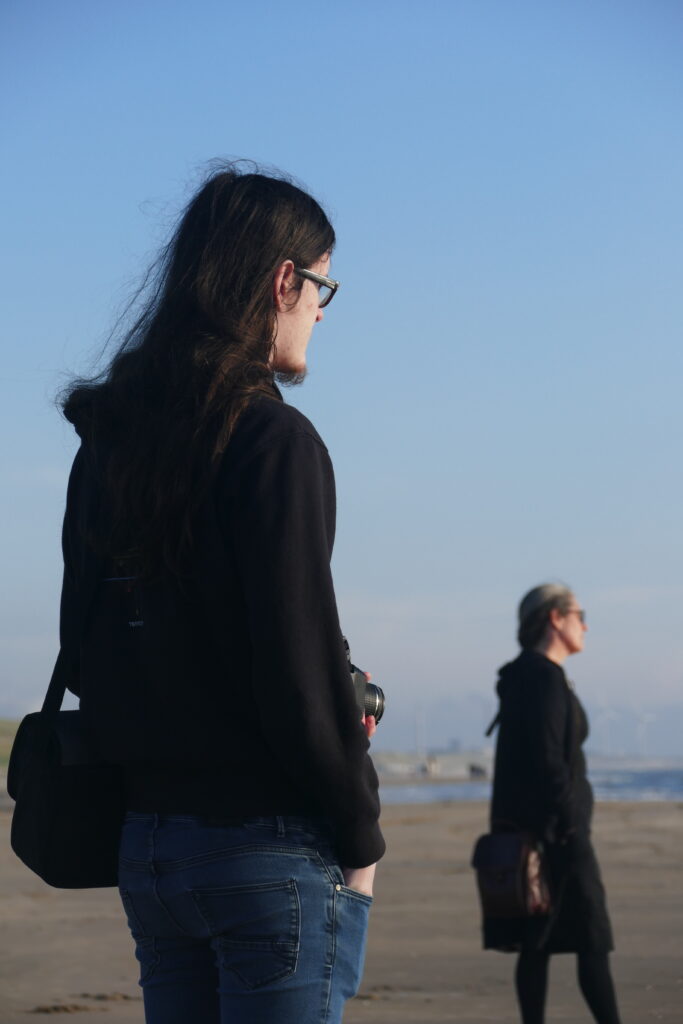
Seeing family in Scotland again: In 2020 I was in Scotland at the end of February. I was supposed to have another trip at the start of March, but that was the first time in 7 years of travel that I actually missed my flight. That week we also had a Covid case in the office, so maybe I dodged a bullet there. But that was also the last time I travelled to Scotland until August of 2021, once everyone in the household was fully vaccinated. I stayed with Mum & Dad for a week and a bit and “worked from home,” just from a different home than normal. I spent another three weeks there in October, and another one in November as well. I had planned one more trip in December, but the virus situation put a stop to that. Travel was still possible, but it exceeded my risk budget.
It was great to see everyone in Scotland again. In October, Fiona even came over for a week as well, and got to see Callum again. While I was over in November, Fiona came across again, though only for the weekend, to attend the open day at Perth College. In the October week, we took a wee day trip up to Balmoral and saw the pyramids.
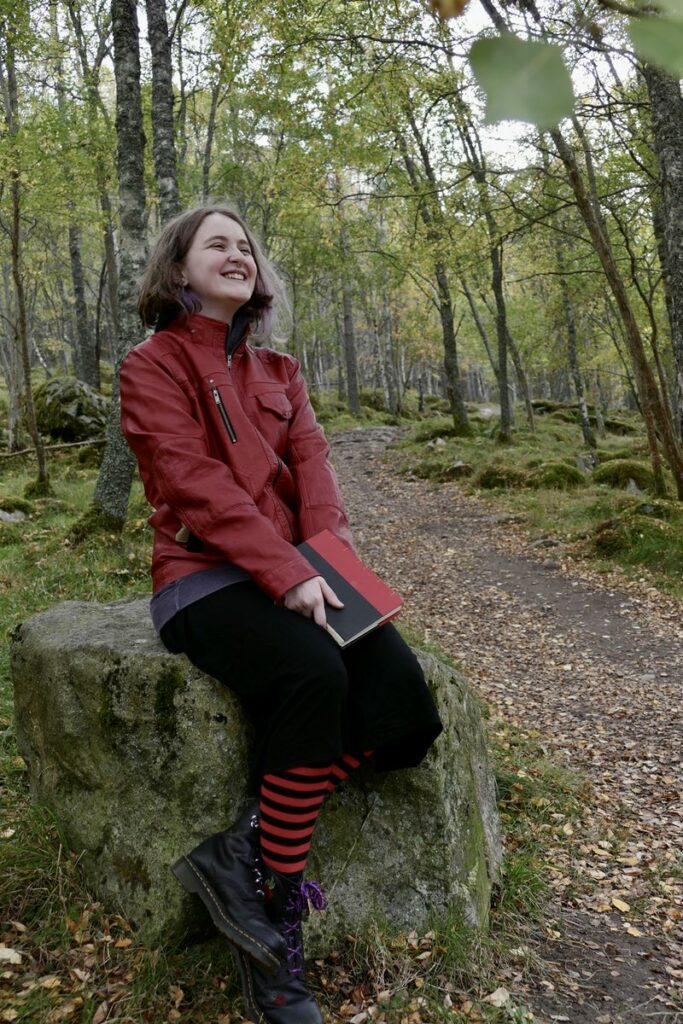
Asthma meds: I took a lung function test in December of 2020, but it took me until September 2021 to get my act together & actually follow up with my GP about the results. Every autumn I tend to fall ill with some respiratory ailment or other, and even at the best of times my lungs are weak and wheezy. The function test suggested borderline asthma, so my GP suggested I try some medication to see if it would help. I’ve been using a Fluticasone inhaler (Flixotide Diskus) since September, and the results have been excellent. It’s hard to describe, but my lungs just feel more spacious. I feel like I can inhale more deeply and reach the end of deep breaths more often. When I exert myself I recover my breath more quickly. And the wheezing, crackling sensation I used to get after exertion and other triggers (e.g. kicking up dust from cleaning the house) is almost entirely gone.
It took me a while to adjust to the medication. The inhaler dispenses a fine powder, and in the first weeks ironically it made me cough. For the first couple of months it also made me quite hoarse, and some days it was like I was losing my voice. But I seem to have settled into a groove now, and I’m very happy with it.
Music: Fave new discoveries this year are Rina Sawayama and Froukje. Don’t remember where I came across Rina Sawayama, but OMG her debut album is an explosion of pop grooves and massive orchestrations. Froukje is the rising star of the Dutch music scene (her song “Ik wil dansen” was voted song of the year by 3FM). The top 5 songs in my Spotify Wrapped playlist of this year are all Froukje. They’re both playing shows in Amsterdam in March, provided that the lockdown is lifted by then. I’d love to see them live, but I just don’t see myself being comfortable in a gig setting by that time. I’m just going to enjoy the heck out of their recordings.
Other music faves from the year: If I Can’t Have Love I Want Power by Halsey, and Nature Always Wins by Maxïmo Park. I really want to see live music again.
Organizational Psychology: The modules I took in 2021 were Work & Well-being, Leadership & Performance Management, and Understanding Organizations and Change. I tend to joke that the course is two parts learning, one part therapy, but the funny thing is that it’s true. A recurring theme on the course is sensemaking: the process of individuals interpreting the settings and contexts they operate in, and reasoning about the part they play in them.
Although we can’t use our personal anecdotes as evidence, our course leaders encourage us to reflect on our own experiences in the light of the material we’re studying. In an educational sense, this provides a grounded setting for the sometimes abstract material. In a personal sense, I find it helpful to see where my experiences fit into the various explanatory frameworks. For example, my experience of burnout in 2018 was one of the reasons I got interested in this field in the first place. The WWB module alone covered burnout, but also its counterpart “engagement”. We learned about various models of stress and coping, positive psychology, human error and safety critical systems (James Reason’s “swiss cheese model” has been very pertinent throughout the pandemic), mental health and disorders, resilience, neurodiversity. I feel like having all of these tools at my fingertips has contributed greatly to my resilience.
By contrast, the Leadership & Performance Management module was incredibly uncomfortable, and made me constantly question my role and identity as a manager. All my flaws laid bare. All my self-loathing quantified. By the end of the module the word “leadership” had become a set of nonsense syllables for me, and I hated the exam. (Ironically, it was my second-best mark to date, perhaps because the objective of the course it to get us to look at the subject critically, rather than just regurgitate theories and research.)
UOC was helpful because the organization I work in has undergone remarkable and explosive change over the last three years, and this module gave me the vocabulary to describe things that had previously only been gut feelings.
It’s similar to when I took drumming lessons twenty years ago (as an adult). As well as teaching me how to play, the lessons also taught me how to listen, and to understand structure and rhythm. Hearing my favourite songs became a different experience when I understood what the musicians were doing, and had a sense of whether I could do something like that myself, or if they were putting in a virtuoso performance that would always be beyond me.
The assessment for the UOC module was a 3000-word term essay (4 subjects, revealed in week 4) rather than an unseen exam where we have to rattle off two shorter essays in less time. I had thought this would be less stressful, but…no. In the end, I spent the five days leading up to the deadline locked in my study with papers taking up every available surface, including the floor, grinding out an average 100 words an hour when I was actually writing, and not dropping down another rabbit hole of references. In the end, I felt very happy about the essay I turned in, and two weeks later I can still actually remember what I wrote, which is an entirely different experience from the unseen exams.
No Stupid Questions: Leading on from Organizational Psychology, I discovered the No Stupid Questions podcast this year and have been enjoying it a lot. It’s a chatty 2-person weekly show where Stephen Dubner (author of Freakonomics) and academic psychologist Angela Duckworth look at the research on things like boredom, motivation, risk-taking in a light-hearted conversational way. This is what I mean by the parallels with drumming and learning to listen: the researchers, theories, and evidence the hosts talk about fits inside a familiar framework for me now. I can see the connections they’re making, and I know enough to go off and follow up on interesting references on my own.
Other favourite podcasts this year: season 2 of Avery Trufelman’s Nice Try, and The Kraken Busters by Keith Pille.
21 September:
New Apple Gear: I was tempted by the new iPhones this year, but I decided to stick with my now 4 year old iPhone X for a while longer. It still gets all the latest iOS updates, and so long as we’re still locked up at home and I’m not travelling regularly, I mostly just use it for confirming purchases and checking my Fitbit metrics. The only thing I was unhappy with was the battery life — after 4 years it was quite degraded — but I fixed that with a €70 battery replacement. The new camera modules on the latest iPhones look amazing, and I’m sure I’ll enjoy them eventually.
Similarly, the new MacBook Pro models are astonishing, but this isn’t an upgrade year for me. The laptop I’m writing this on is my trusty late-2013 MacBook Pro, now 8 years old, and it’s still fine. The screen was replaced a few years back (under warranty) because of a delamination issue, and I replaced the battery in it at some point as well. The things that will get me to upgrade at some point are OS updates (Big Sur is the last supported version) and video output. I’m currently running a similarly aged 27″ Dell with a 2560×1440 resolution screen, but if I want something with a bit more resolution (and brightness), this MBP won’t drive an external 4K screen at more than 30Hz.
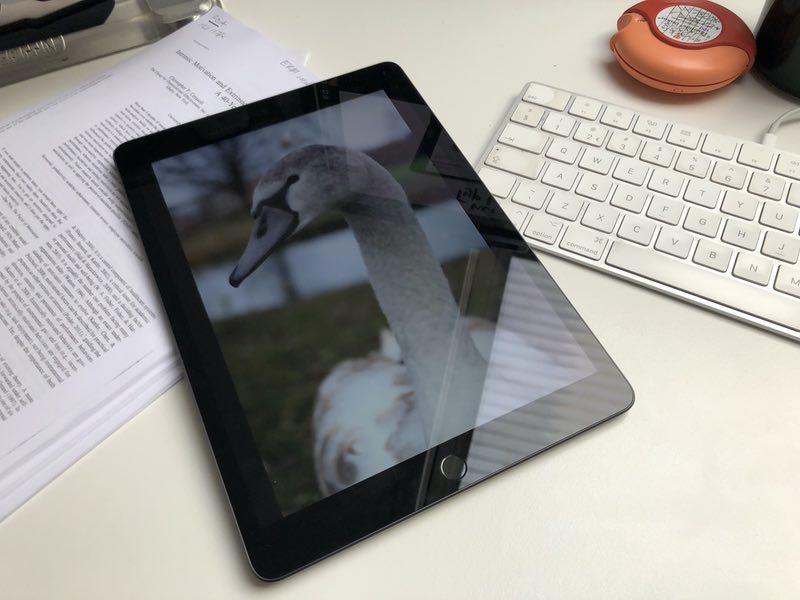
No, the new Apple gear I bought this year was one of the new “plain” iPads. Not Pro, not Mini, no edge-to-edge screen and Face ID — just a basic off-the-shelf iPad, low-end 64GB memory spec. I use it as my nightstand and around-the-house device, for reading the internet, listening to podcasts, and watching video. Also, with the SSD card reader I got for it, I can bring it with me and review photos from my camera without having to load them up on a laptop first. Big win! Means I can leave the laptop behind altogether on more occasions.
Fuji X-T20: Around the middle of the year, specifically after the evening at the beach in Castricum, I started to feel like doing more photography again. What I should have done is just go out and take more photos. That would have been easy. But I got side-tracked by camera equipment and wildlife photography YouTube, and how it would be nice to move from my (lovely) Panasonic FZ1000 to something with interchangeable lenses, for greater flexibility and better image quality. In October I met up with Dave and we took a wet walk down to Stonehaven harbour to take some comparison shots with his Fuji X-E3. After that trip I was well on my way to talking myself into an expensive new X-T4 or X-S10, but fortunately I backed away from that and found myself a cracking bargain in the form of a second-hand X-T20 with an XF 35mm f/2.0 lens for €450.
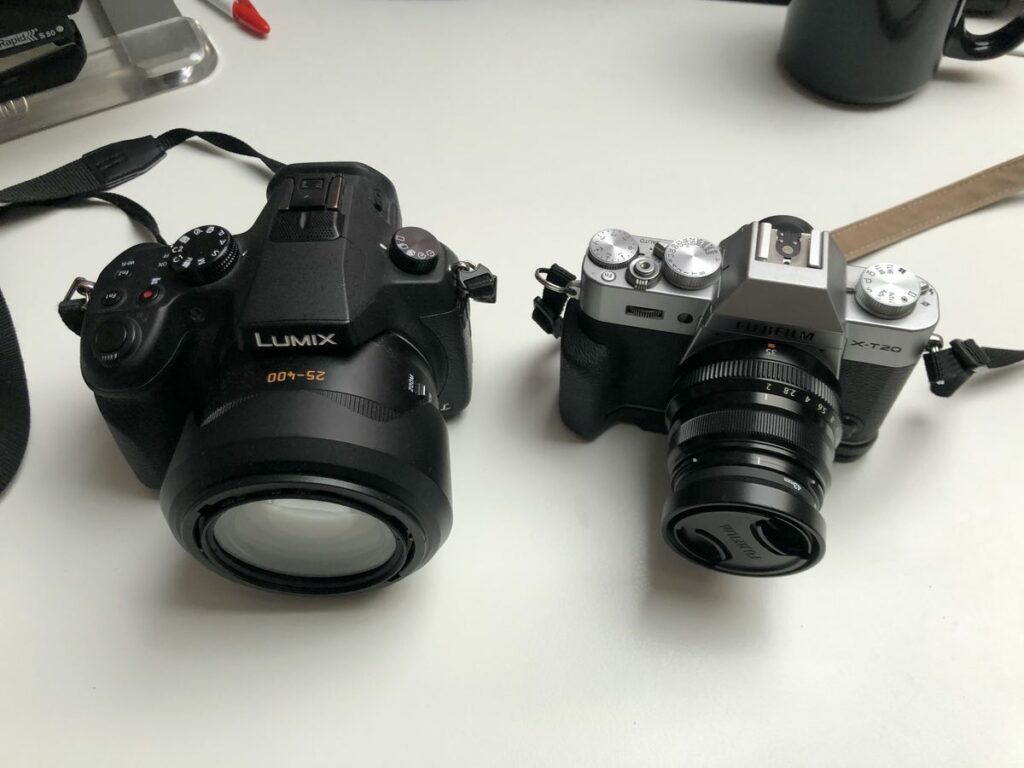
Using a 35mm (~50mm full frame equivalent) prime lens rather than a zoom lens with enormous range like the FZ1000 is a bit of a shock to the system. But it pushes me out of my comfort zone, and gets me to try some new things and new compositions, which is a good thing. I’m really glad I started with a lower-end Fuji body instead of jumping straight to the top of the line, because there’s so much here that I need to learn about and experiment with, and this is going to keep me busy for a nice long time!
I bought the camera shortly before my birthday, and on the day itself I rented some lenses from Budgetcam.nl: a Fuji 18-135mm f/3.5-5.6 and the monstrous 100-400mm f/4.5-5.6. It was a rainy day with terrible light, but Alex and I took a photo walk in the Hembrugterrein in Zaandam in the afternoon, and I got some nice shots. I hadn’t been prepared for just how heavy the 100-400mm would be, and I’ve still got a long way to go if I want to buy one of those for myself. The 18-135 is more my speed, but even it was quite heavy. They were great to play with, though, and they’ve informed what I’ll be looking for in my next lens. The second-hand market is definitely where I’ll be doing my searches.
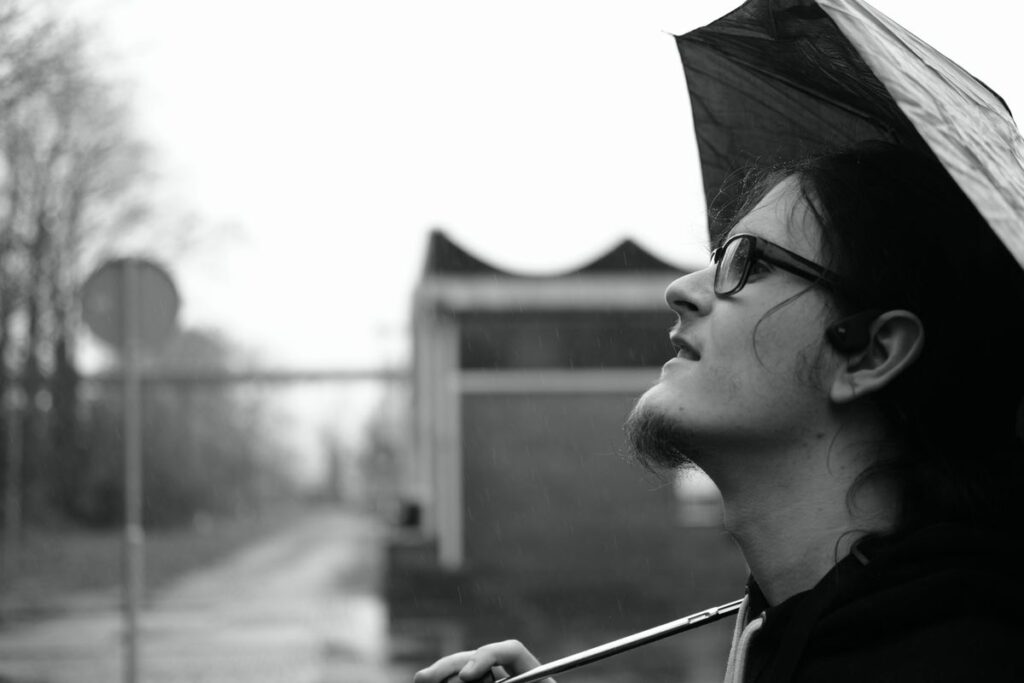

I’m also just a little bit obsessed with keeping my photos well-organized, and I like to have them all geo-tagged so that I can review my collection by location as well as by date. When I say “a little bit obsessed”, what I mean is that (over time) I’ve gone back and added geolocation information to all my digital photos as far as 2001. I’m also part-way through getting our old negatives scanned (Trigger.nl provides a great service!), and spending hours trying to identify where exactly they were taken.
Although smartphones add location data to photos as a matter of course, most full-size camera bodies don’t have any kind of location awareness. Most manufacturers have some kind of app you can link to the camera when you’re shooting, but they are generally deemed to be terrible and flaky apps. What I’m doing instead is using a completely separate GPS tracking app (GPX Trail Tracker) on my phone that can export tracks in the .gpx format. Then I use HoudahGeo on my laptop to synchronize the GPS tracking information with the timestamps from the camera, and then update the EXIF metadata in the JPG images with the lat/long coordinates before actually doing the import into Apple Photos library. (HoudahGeo can adjust the location data after the images have been imported into the Photos app, but it takes much longer to update the library.)
The Quiptic Crossword: A couple of years ago Phil & Hilary introduced Abi and me to the Guardian “Quiptic” (quick cryptic) crossword. We did a few back then, but this autumn we really got into them. Right now we’re working our way backwards through time: we print off a stack of 50, and have this pile sitting on the table downstairs. At lunch and dinner times, and when we find ourselves with idle moments throughout the day, we sit down and grind our way through the clues. We check with fifteensquared if there are any answers we’re unsure of, or if we just want to see the snarky comments on a particularly egregious puzzle (looking at you, Anto). We’ve just opened up quiptic 966, and are knocking down about one or two a day. At this rate we’ve still got a few years to go before we run out.
This has also been a fun way to feel in touch when I’ve been away in Scotland: rather than collaboratively solving on paper, we both solve separately (no separate app needed — the Guardian’s website has a fine little web tool for filling in clues) and then message each other the answers when we find them, and then we fill them in our our own respective grids.
PlayStation 5: Since its release at the end of 2020, I’d been haunting various waiting lists and notification apps for PS5 drops with no luck. In March I got fed up and decided to just pay over the odds and get one “second-hand”. I waited until my March exam was done, and then used the marketplace on Tweakers.net to locate a seller with one on offer. Not actually a scalper, because he’d got hold of both a PS5 and an XBox series X, had been using both for a couple of months, and found that he enjoyed the XBox more. It was genuinely second-hand…even though it was still more expensive than buying a new one. I spent the next month playing Miles Morales pretty much non-stop. Worth it. I’m currently replaying Horizon Zero Dawn in anticipation of Forbidden West being released in a couple of months.
Veluwe: At the start of September, Fiona, Abi, and I did a little weekend trip to the Veluwe. We drove to Arnhem on a Friday evening and stayed at the Valk hotel in Duiven. On Saturday, Abi and I took a walk in the Veluwe hills near Rheden while Fiona lounged in the hotel. In the evening we soaked in the hotel pool. On Sunday we visited the Dutch Open Air Museum. “Dining out” was McDonalds and Burger King, because you know what? They’re great.
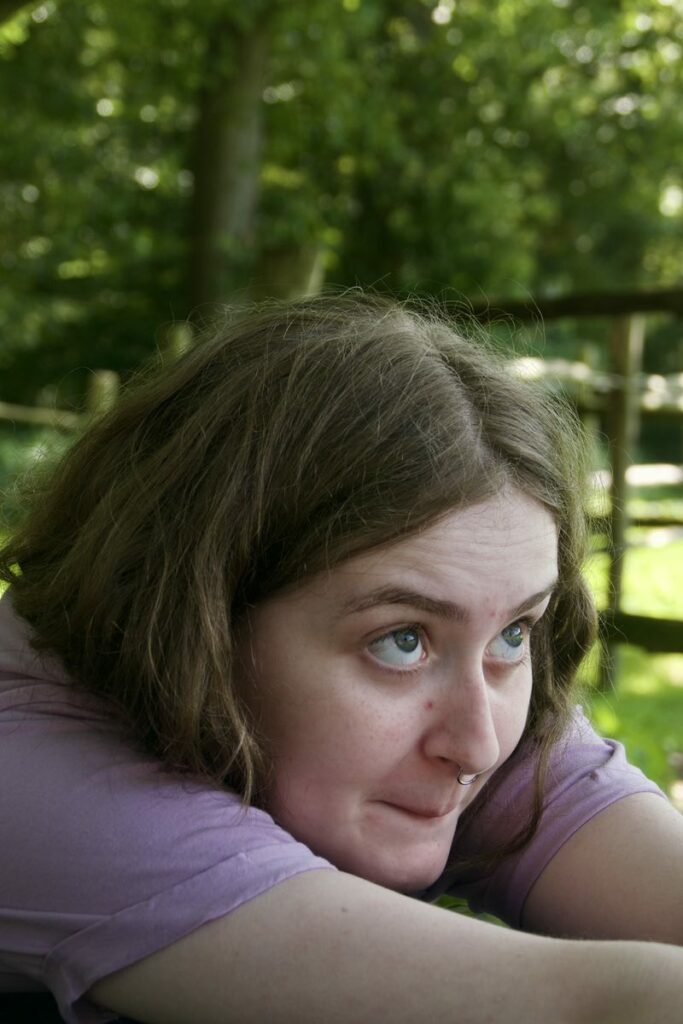
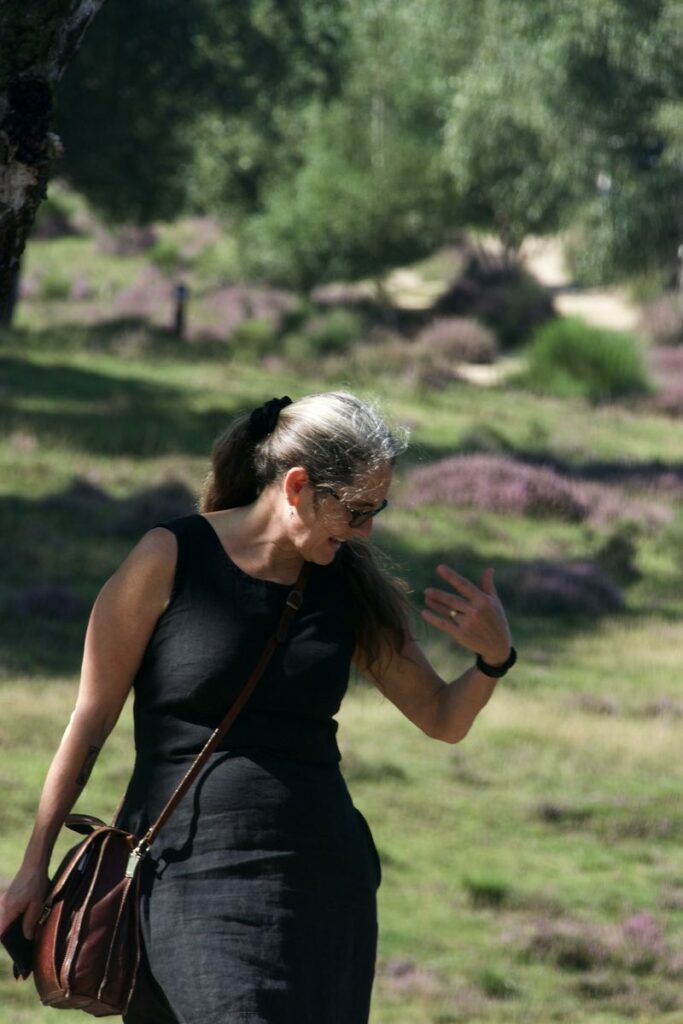
Honourable mention: NPI specialist mental health care clinic. Not going to go into any depth. But they’ve been amazing.
